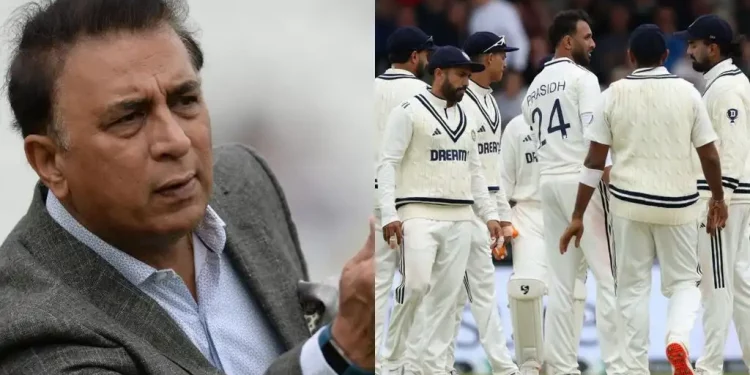Sunil Gavaskar, a former Indian cricket player, has identified the main causes of India’s poor performance in the just finished two-match Test series against South Africa. In the second Test, the Proteas triumphed handily, handing India a second home Test series thumping in less than a year following their 2024 0–3 loss to New Zealand.
Both South Africa and New Zealand (in 2024), according to Gavaskar, had significant cricket experience playing in subcontinental conditions prior to the start of their series against India. He clarified that India’s demise was caused by their little time to prepare before both series.
“The preparation of both sides deserves more praise than the fact that things went horribly wrong from an Indian perspective. Before travelling to India, New Zealand played a series in Sri Lanka to acclimatise to the pitches and conditions. Before travelling to India, South Africa visited Pakistan in October. Their ‘A’ squad was in India, playing India A. When they entered the Tests, some of the guys were ready.
In an interview with India Today, Gavaskar said, “They prepared much more thoroughly than a lot of other teams.”
India shouldn’t have played white-ball series during their home season, according to the former cricket player who is now a broadcaster. The limited-overs series played in Australia, he said, was not a realistic option.
India travelled Australia for three One-Day Internationals and five Twenty20 Internationals following their two-match Test series against the West Indies at home. They then returned to India to play in the all-format series against South Africa. According to Gavaskar, some players did not find consistency in the frequent format changes.
“I believe that India should be particularly vigilant about ensuring that Australia doesn’t lose during their home season. “Look, our season is more important,” India should also tell other teams. You came to India so you can play against us. It didn’t make sense to play the ODI or T20I series in Australia in between the two Test series, but he said that was a bilateral agreement that needed to be followed.
On November 30, the ODI portion of the series is expected to start. December 9–19 is when the five 20-over matches will take place.







